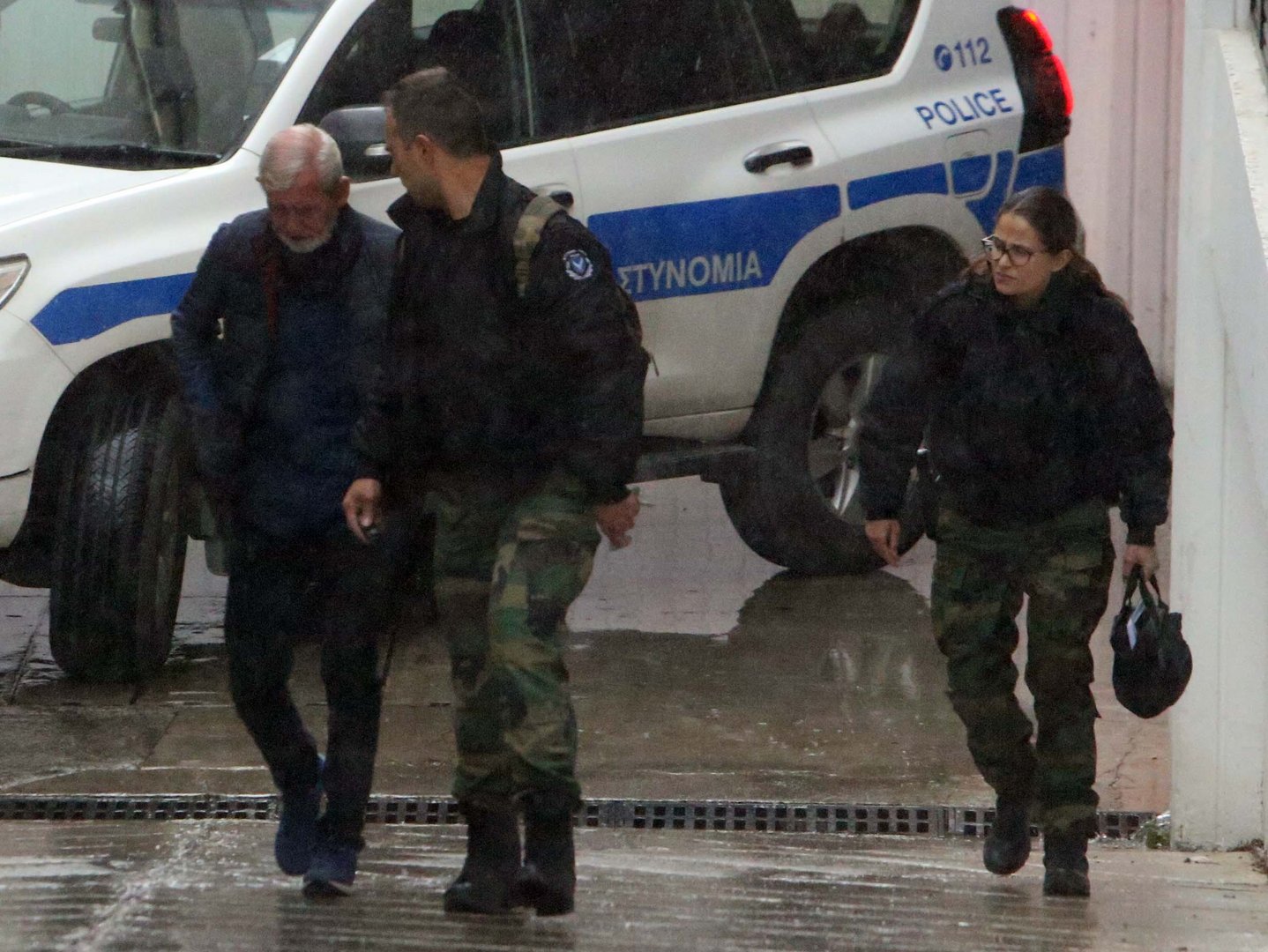The trial for David Hunter, 75, resumed on Friday with an expert witness testifying that Hunter was in no state to give statements to police after he killed his wife, due to the severity of his mental state.
Dr Vivek Furtado, head of forensic psychiatry at Warwick University, took the stand at Paphos criminal court, stating that in his opinion, Hunter was suffering from depression in the lead up to the incident and was experiencing dissociation.
“What he described to me during the interview (which took place in July 2022) was textbook dissociation. When someone is dissociating, because there is a break between the mind and the environment, he will not be able to process the questions asked to be able to think about them and give an answer.”
Furtado said this has two major implications: the reliability of Hunter’s testimony and the memory of the responses given.
His statements are part of a trial within the trial, as Hunter’s defence is attempting to throw out the initial testimony Hunter gave police, arguing he had no psychiatric evaluation at the time and was also made without a lawyer or interpreter present.
The broader trial at hand lies with Hunter’s murder charges, for suffocating his wife Janice to death, in their Paphos home in December 2021. She was 75 at the time. Hunter claims she had begged him to take her life and they had both agreed he would, in a bid to end her suffering as she was diagnosed with leukemia and was terminally ill.
The court heard that the ordeal lasted for 20 minutes. Hunter then went to the nearby kiosk where he bought cigarettes and brandy, which he later used to down “a large dose” of pills in an attempt to kill himself, court heard. Before attempting to commit suicide, he called his brother in the UK who in turn alerted authorities.
Police consequently spoke to Hunter’s daughter who called her father, while also alerting officers in Cyprus who were deployed to the scene.
During Friday’s court session, the video of his daughter Lesley Cawthorne, 49 pleading with her father not to take his life was replayed. Cawthorne was heard telling Hunter “We don’t care what you’ve done, we love you no matter what.”
“No one blames you.”
Another voice is heard asking Hunter if he took something – alluding to something which would have ended his life.
According to his daughter’s subsequent statement to police, Hunter told her he regretted calling his brother, and that he should have been with his wife as was initially planned, had his stomach not been pumped.
Friday’s trial, which went on for almost six hours, also had the expert witness raise the question of the quality of the psychiatric evaluation Hunter eventually undertook on the 21st of December, 2021. This was three days after Hunter had killed his wife.
Furtado argued even a junior psychiatrist would have known to take an examination assessing his mental state. Instead, all that was issued was a medical certificate that according to Furtado identified Hunter as mentally ill “but does not say with what. She (the state psychiatrist) then says Hunter needs immediate hospitalisation against his will.”
The expert witness also pointed out that in his view, the psychiatric examination was still done too late, as it was after Hunter had testified to police in a dissociative state.
The purpose of Furtado’s interview with Hunter was to explore whether Hunter understood his right to remain silent, his right to a lawyer and whether he was in a state to answer questions for his testimony.
The conclusions, submitted in Furtado’s report highlighted five major concerns surrounding the conditions of Hunter’s testimony: 1) Hunter was an elderly man and his cognitive function would not be as good as someone in their 20s or 30s; 2) the (police) interviews were taken late at night which is not the best time for those who are elderly; 3) Hunter experienced the loss of his wife that he had been married to for five decades; 4) he had a large overdose of medication at the time and 5) Hunter would meet the criteria for having a depressive episode at the time.
“Each factor itself could lead to difficulties regarding his testimony. He would not have been able to answer,” Furtado stated.
“Those with depression have much higher risk of dissociation,” he added, highlighting that “the significant stress” Hunter was experiencing only compounded the problem.
“At that moment, he felt life was not worth living.”
Under cross examination, it emerged Hunter did not volunteer to Furtado during the interview how his wife Janice had died.
The trial will resume on Friday, February 10.







Click here to change your cookie preferences